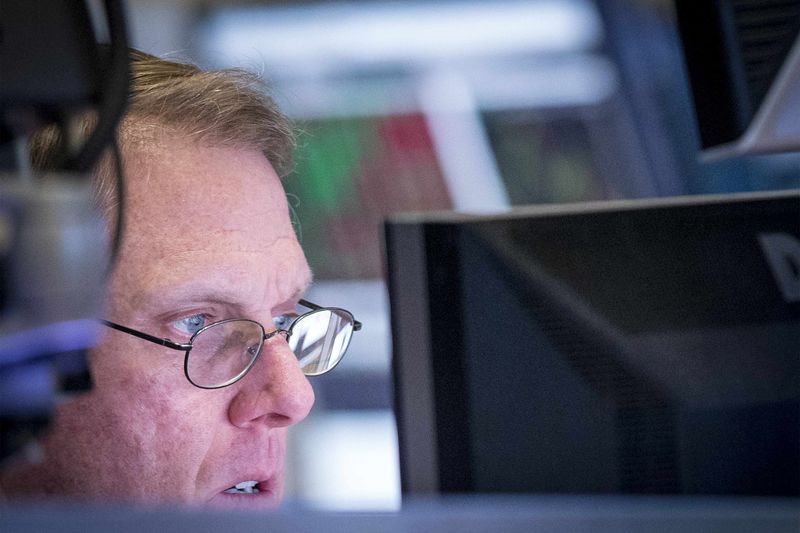Quiver Quantitative - Co-working giant WeWork (WE) has missed interest payments on five of its bonds, launching a 30-day grace period that precedes a potential default. The company has deferred $37.3 million in cash payments and $57.9 million in in-kind payments, despite claiming to have sufficient liquidity. WeWork intends to use this grace period to negotiate with creditors and conserve cash, as it concurrently renegotiates the majority of its leases. With the backdrop of a troubled year, WeWork's bonds are trading at distressed levels, some as low as 9 cents on the dollar.
The non-payment of interest signals further financial instability for WeWork and might lead to bankruptcy speculations. However, WeWork asserts its liquidity position is strong. As of June's end, the firm had a cash balance of $205 million and access to a $475 million credit line. David Tolley, WeWork’s interim CEO, stated that the decision is typical, often preceding dialogues with lenders, and it's a strategy used by debt-laden firms to renegotiate deals under better terms.
WeWork's financial health has been a concern as the company's operations burned through $530 million in H1 2023. In August, the company notified its investors about potential challenges in continuing its operations unless lease costs and debts are managed more effectively. Despite no concrete decision on filing for bankruptcy, the company believes that such a move would aid in discarding non-lucrative leases.
The missed payments follow a deal WeWork made with its lenders, including SoftBank, to cancel or transform about $1.5 billion of the company's debt into equity, granting the firm until 2027 to repay a significant portion. The agreement was based on the anticipation of a rapid recovery in the commercial real estate market, a hope that now appears to have been too optimistic.
This article was originally published on Quiver Quantitative
